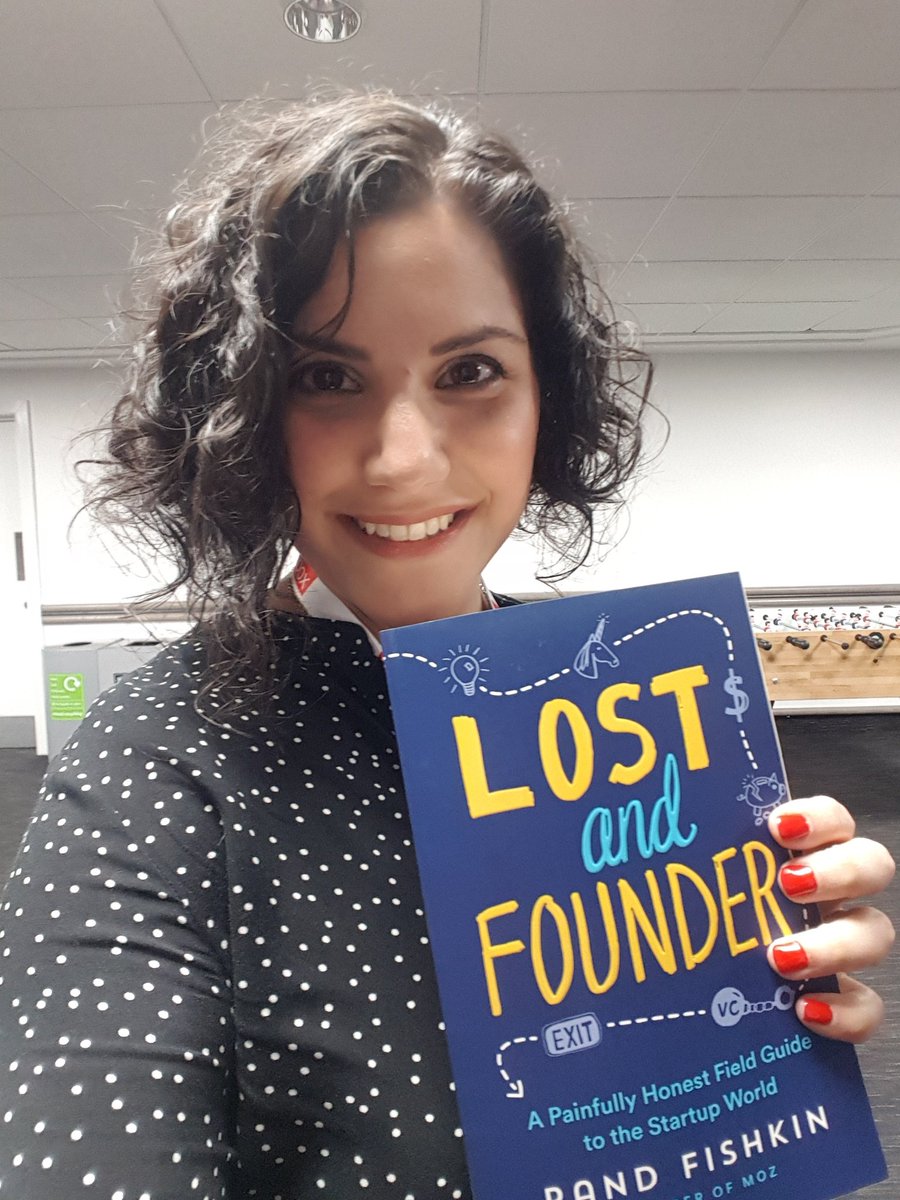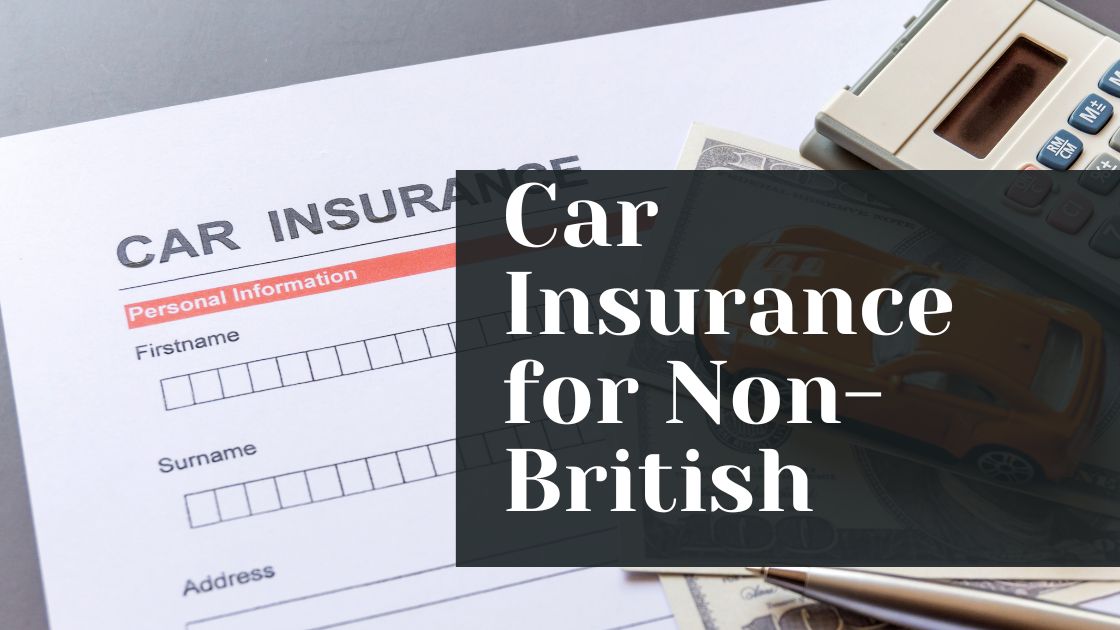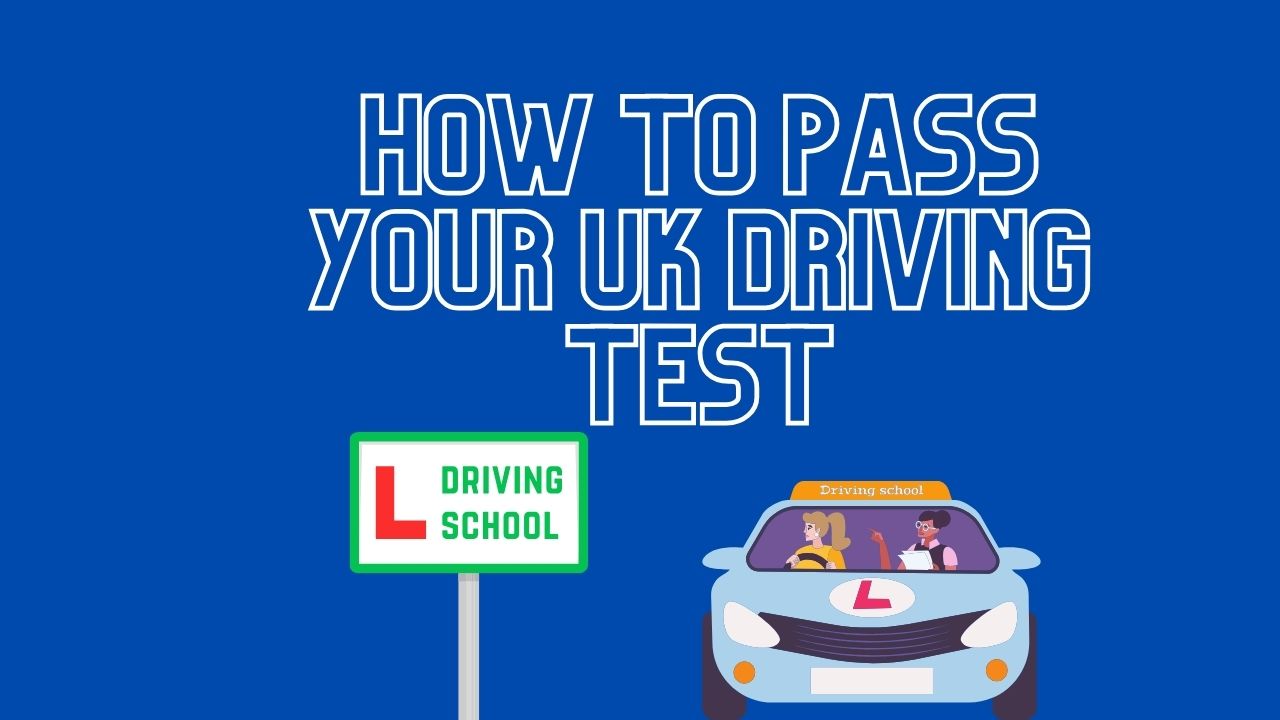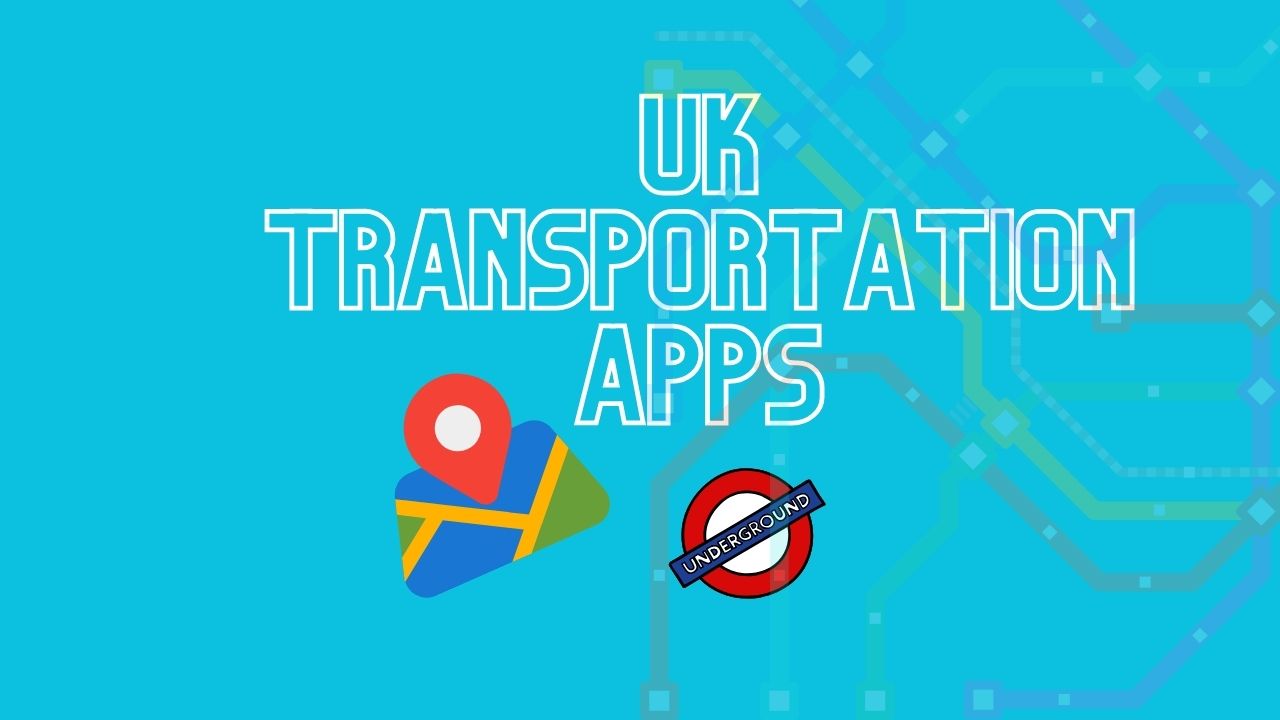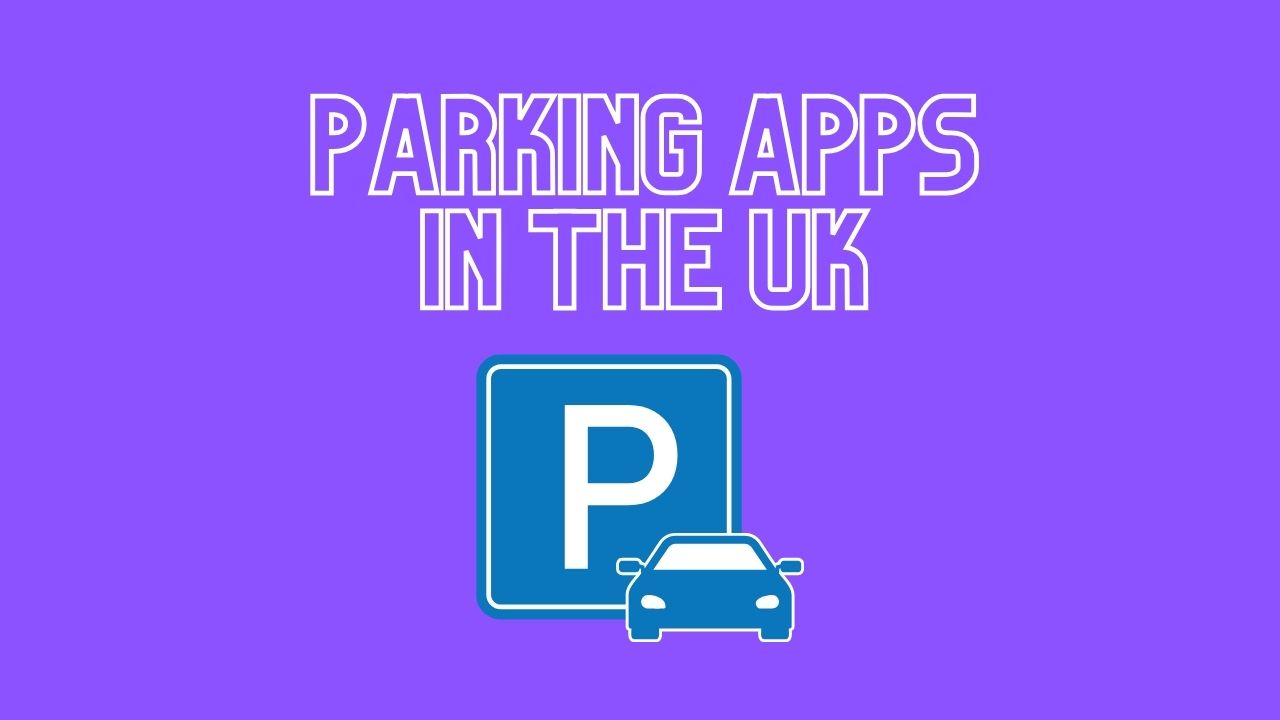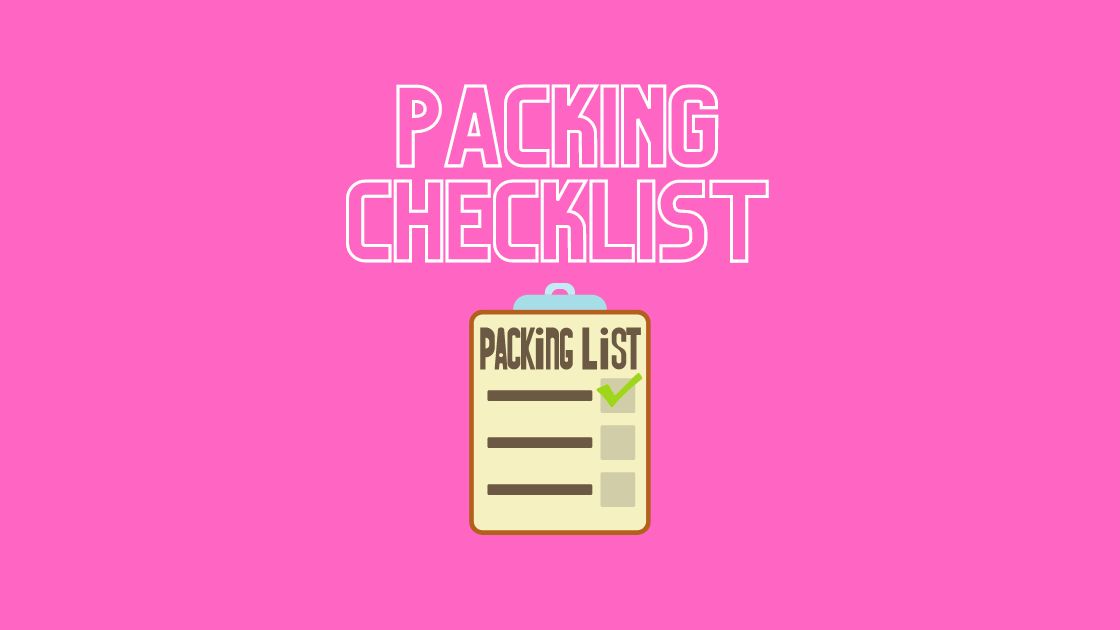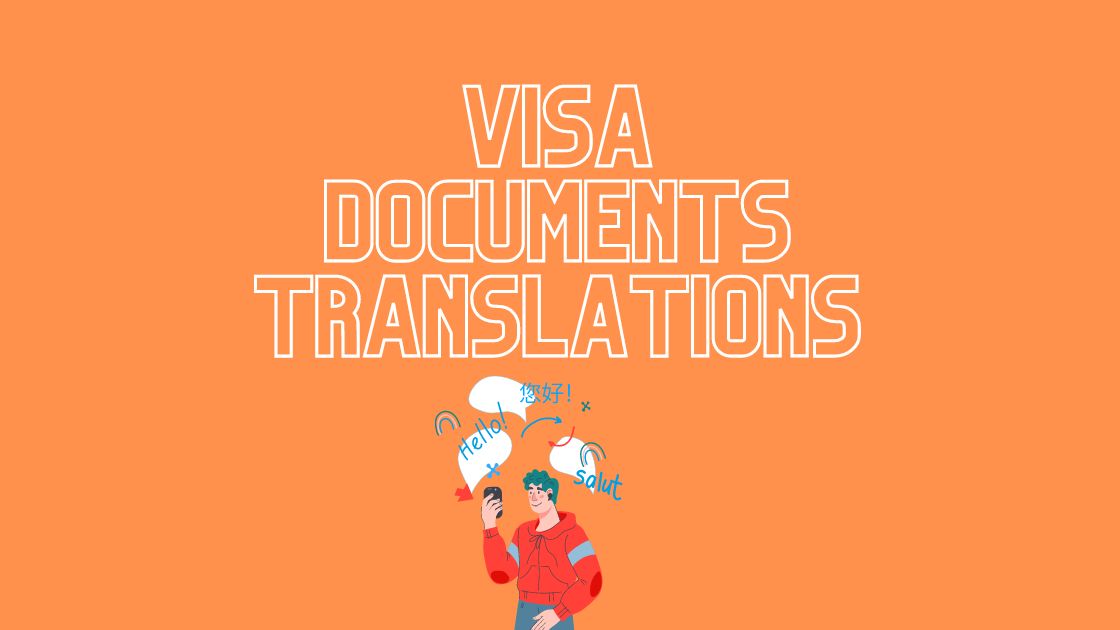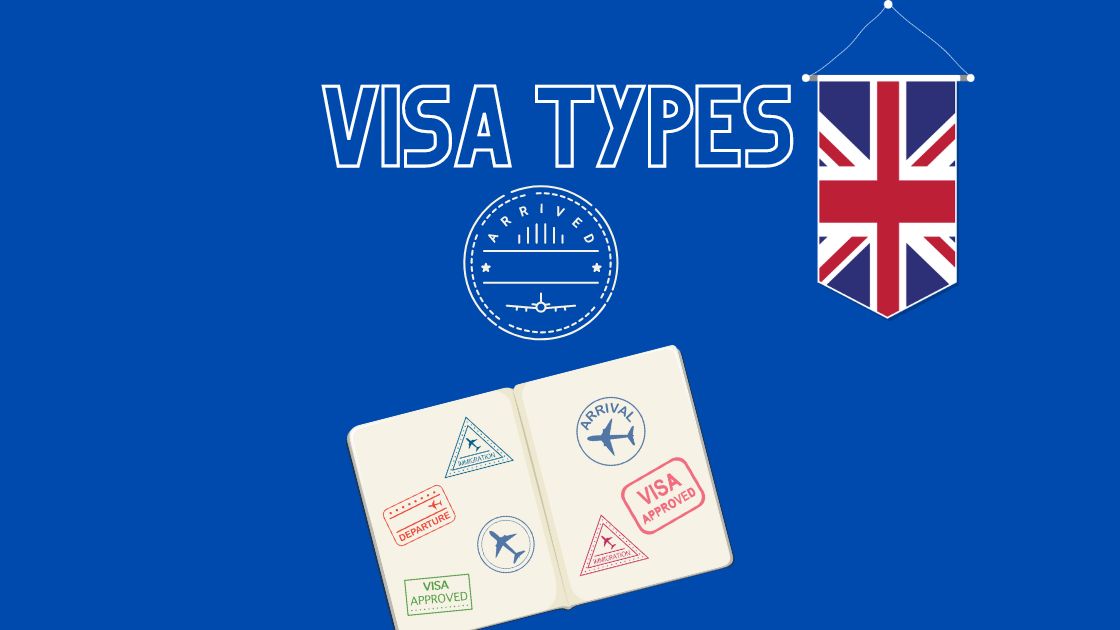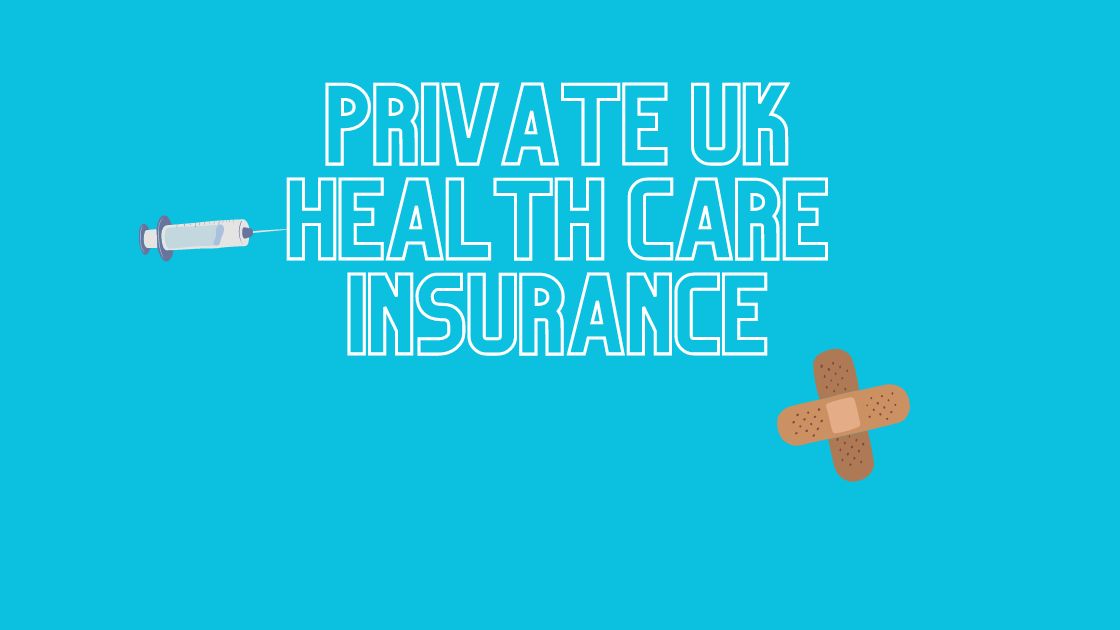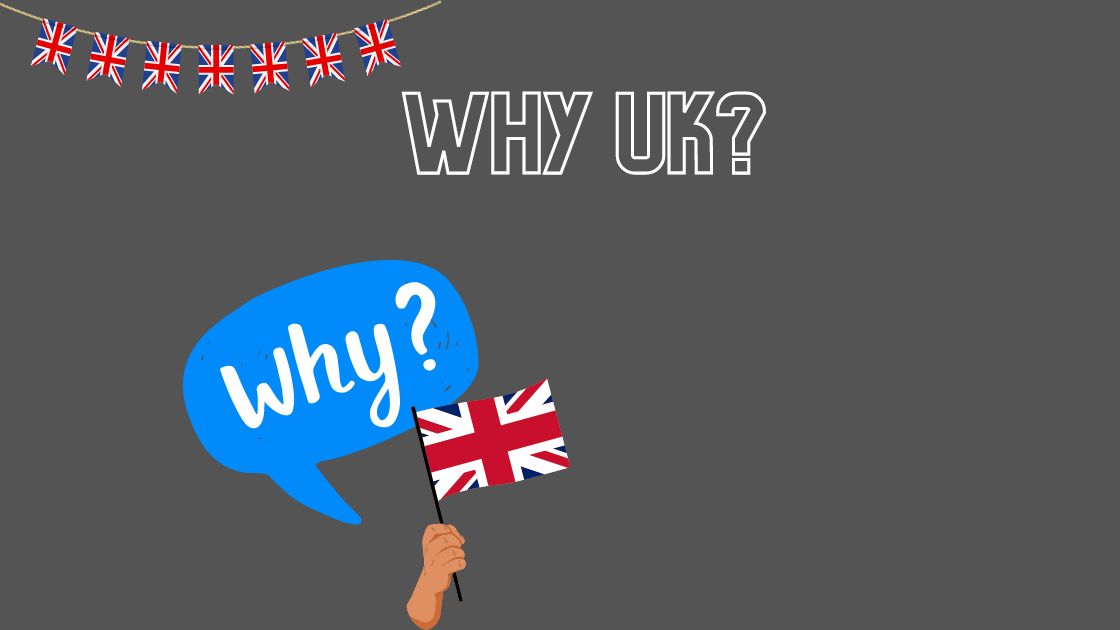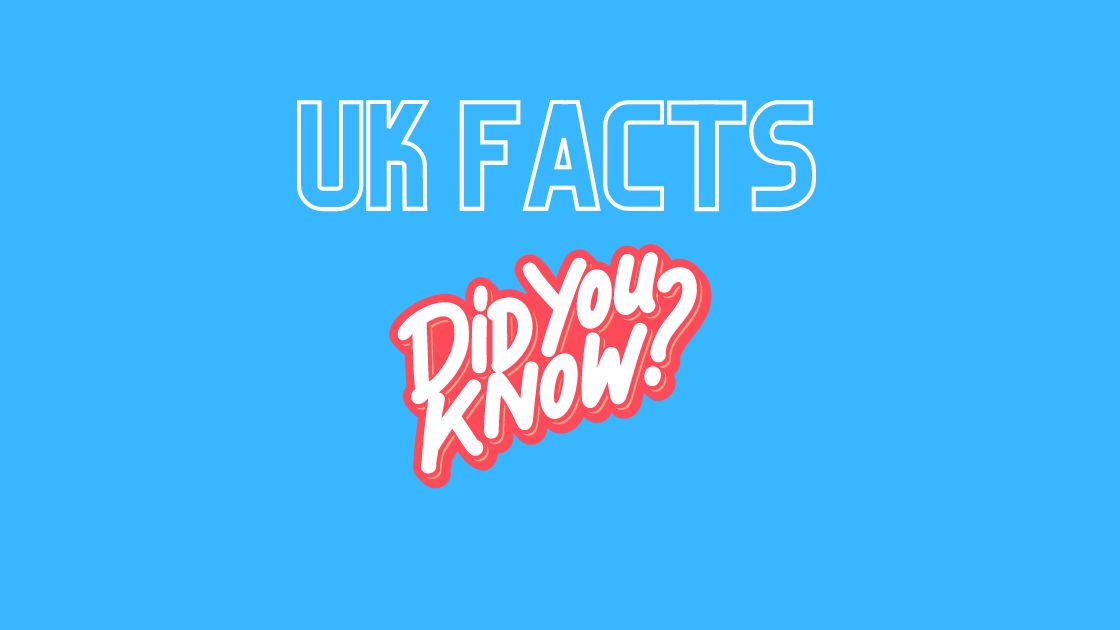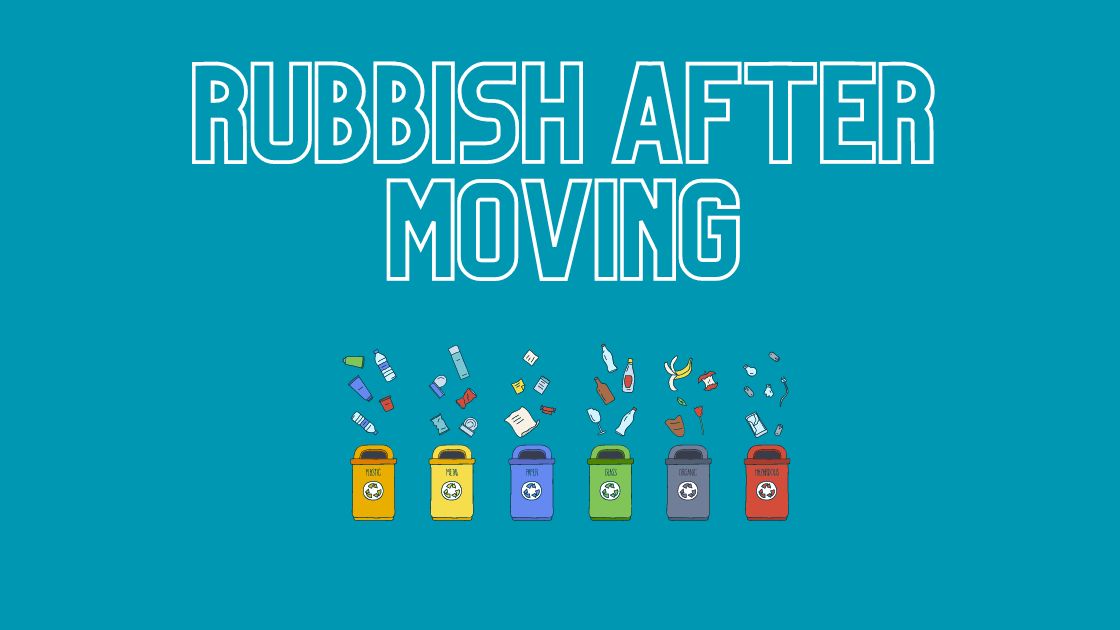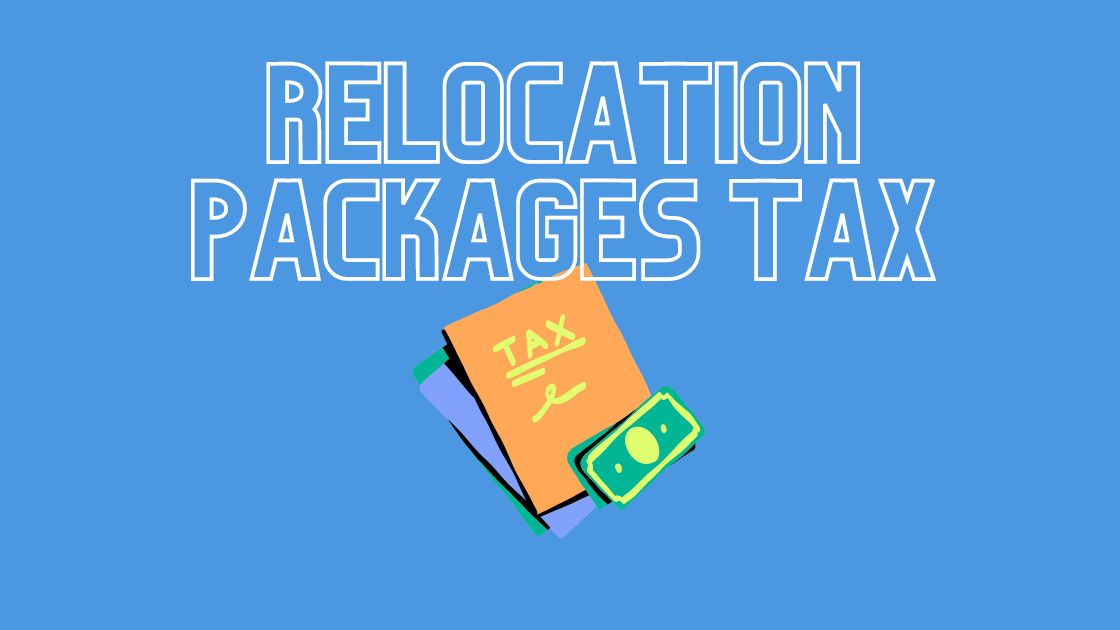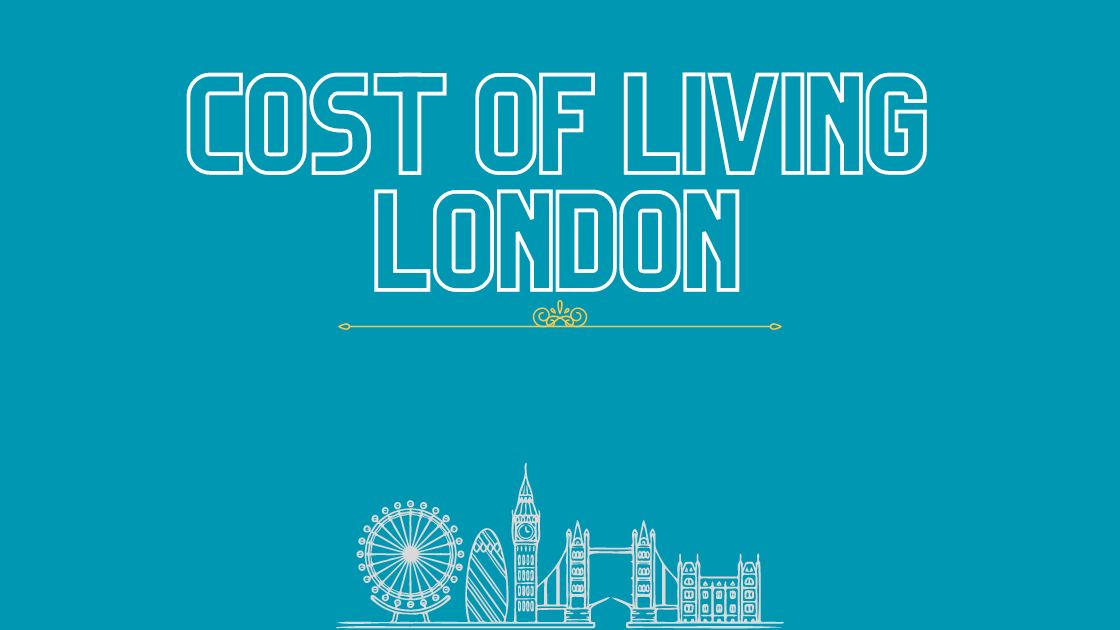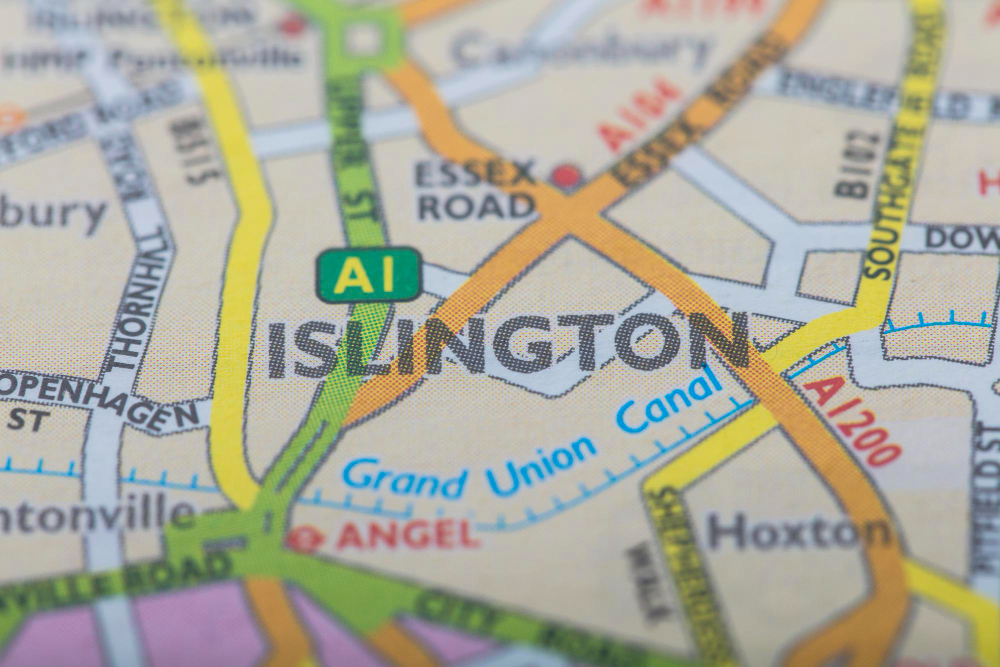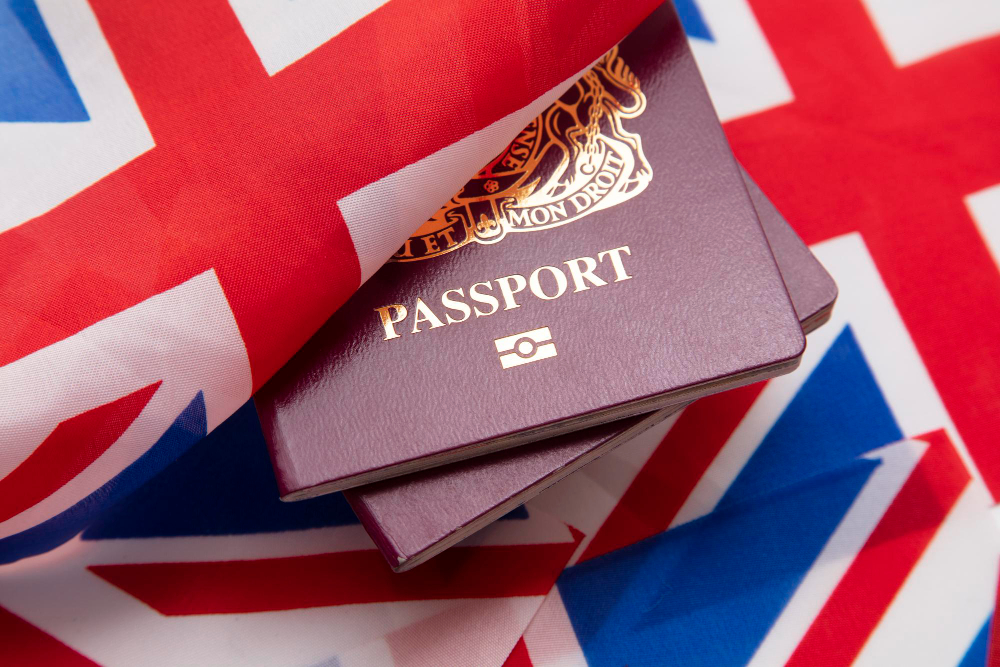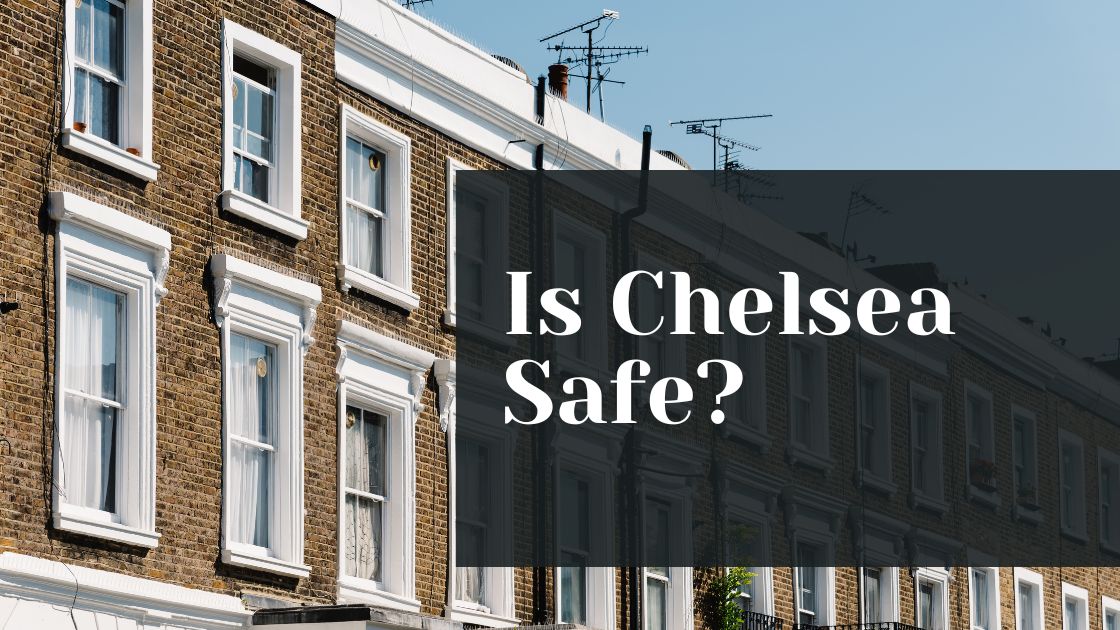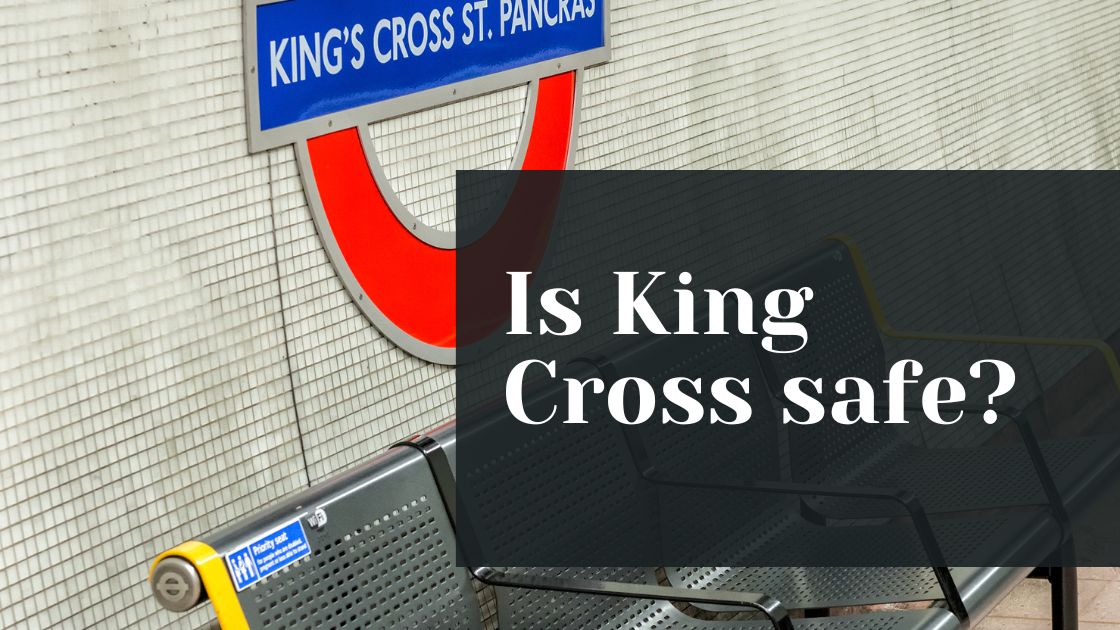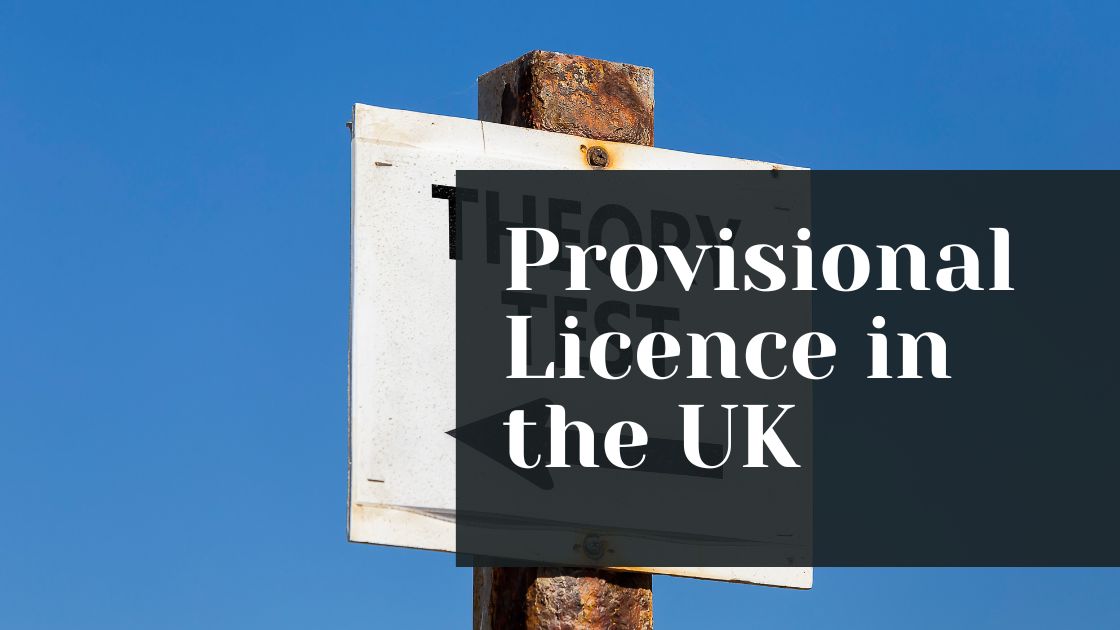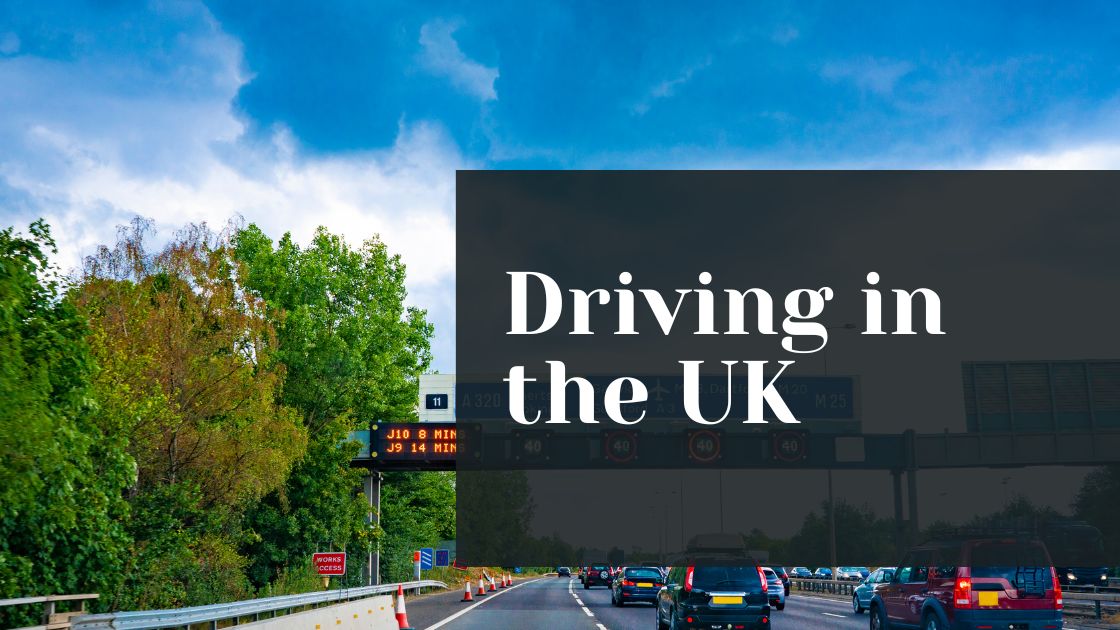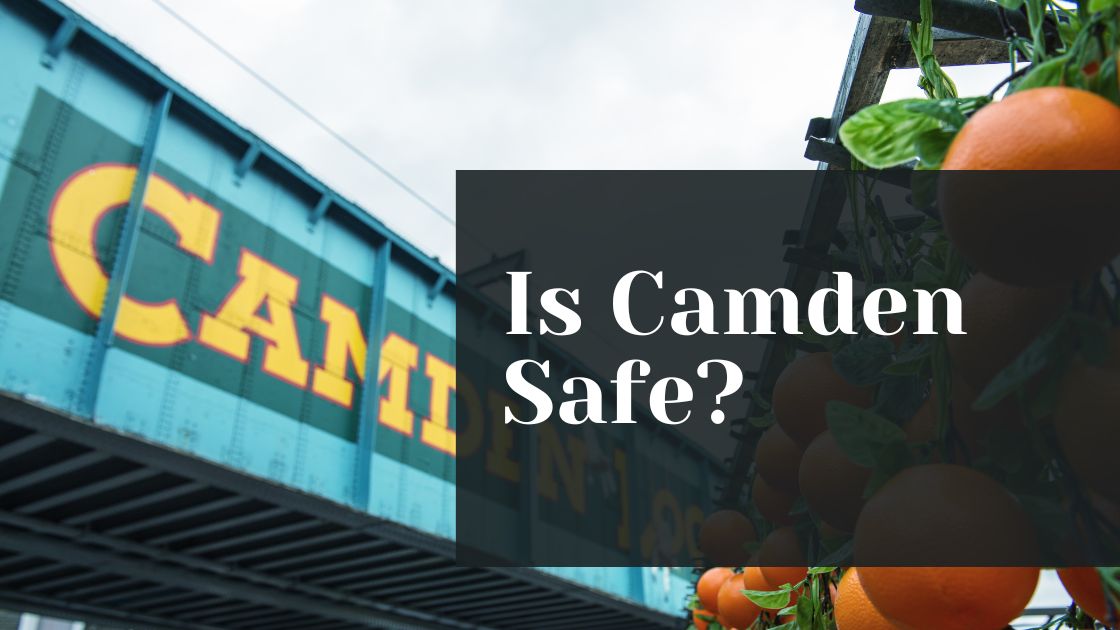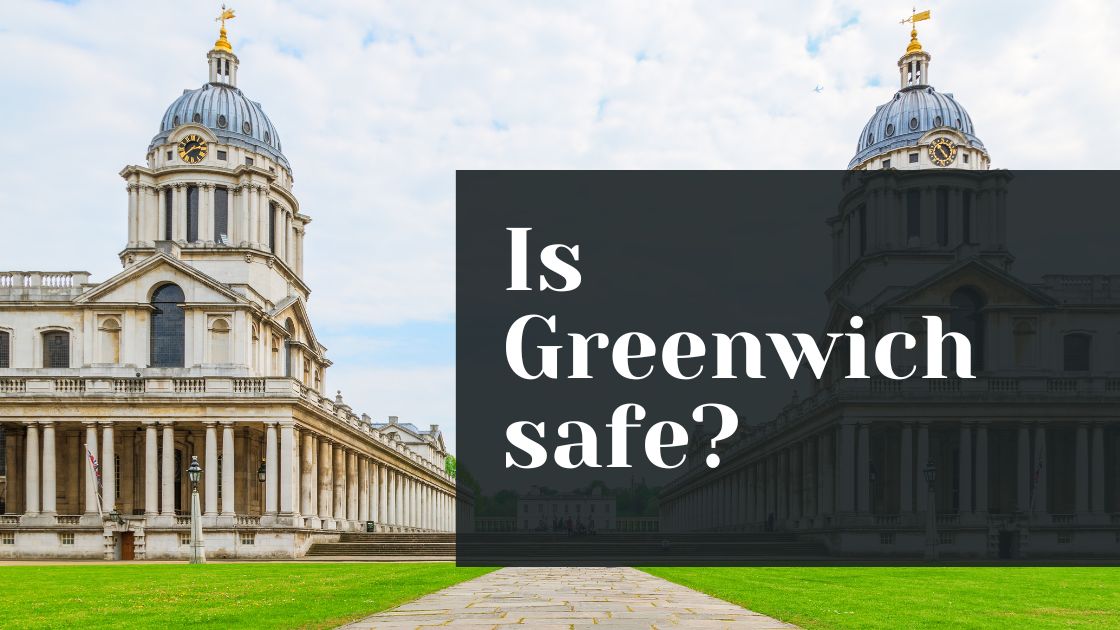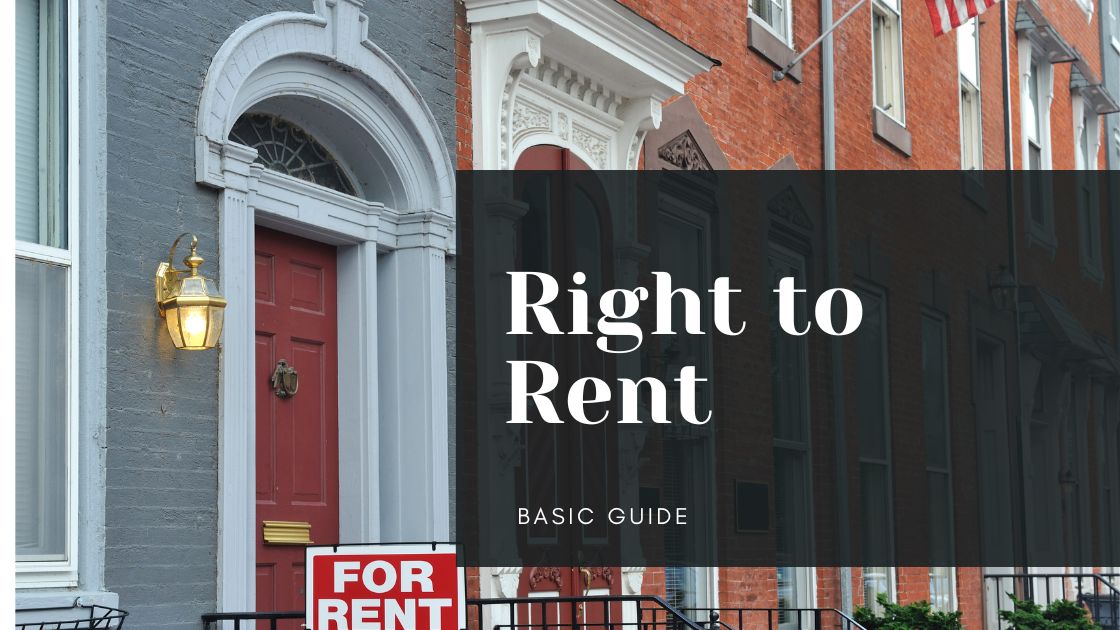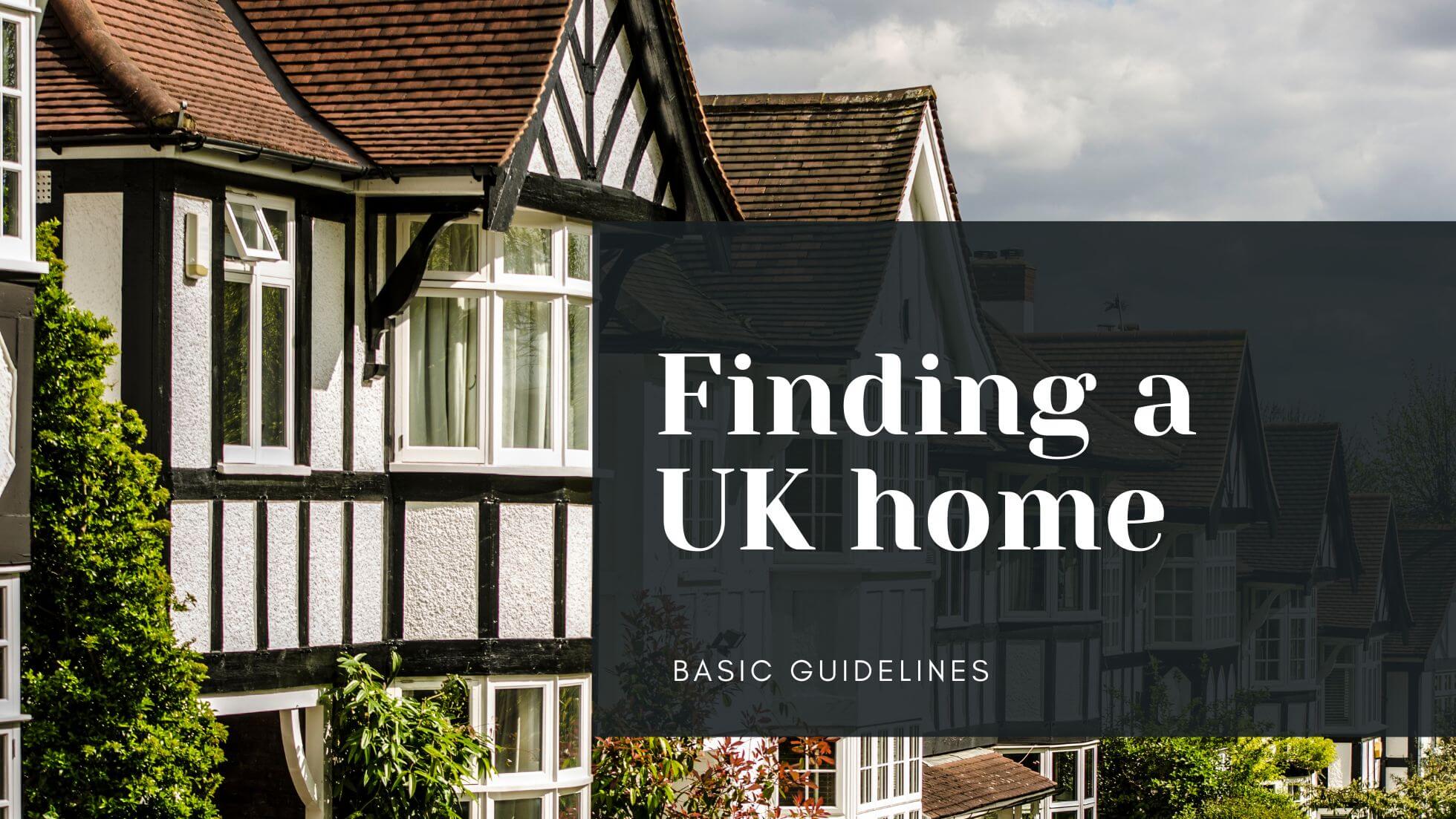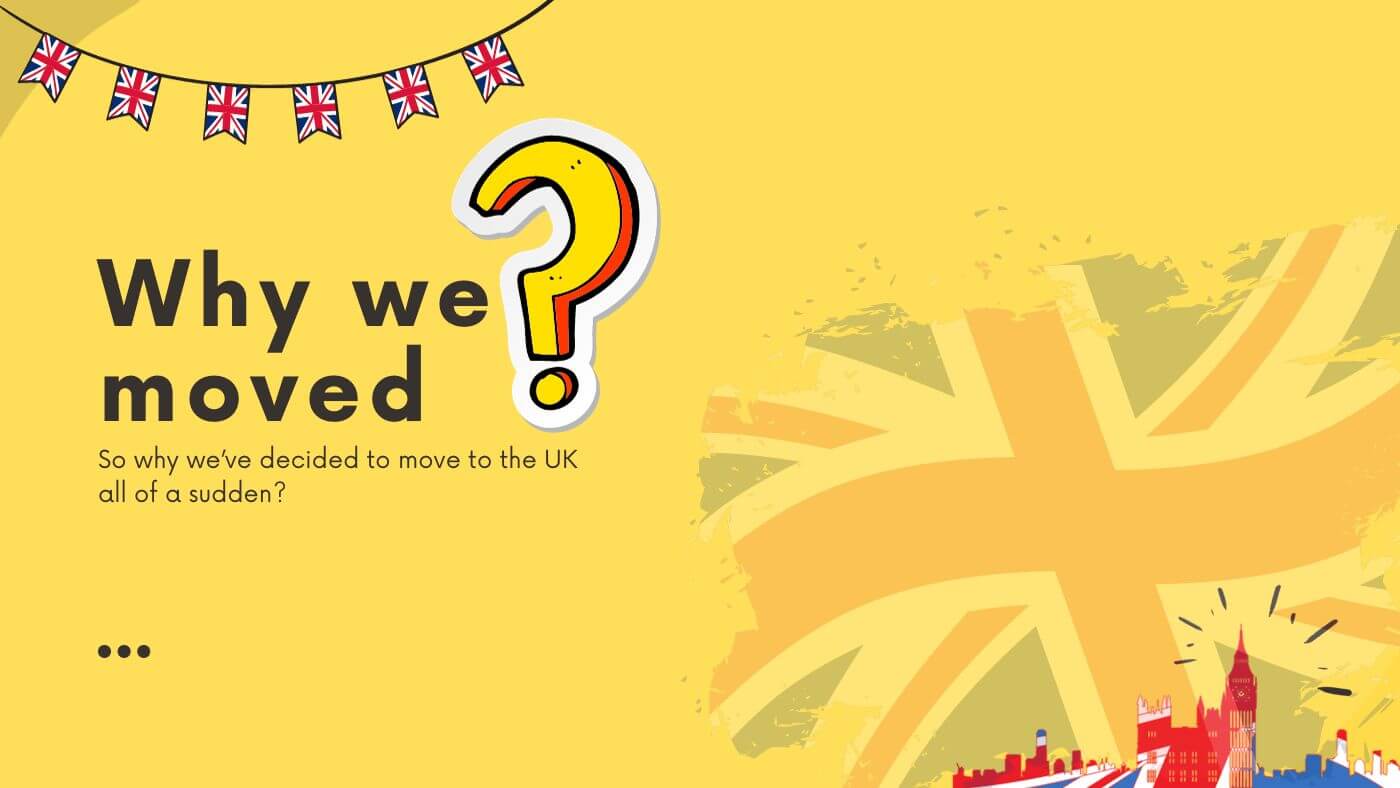Are you a young parent who’s packed up your family life and made the leap across the pond to the UK? If so, then you know the whirlwind of to-dos that come with such a big move.
One of the trickiest tasks? Navigating the ins and outs of car insurance with a non-British driving licence. You see, the rules can be a bit of a jigsaw puzzle, with different insurers having their policies about international drivers.
But before you start fretting about all the fine print, let me put your mind at ease. Getting to grips with this new system is manageable, and I’m here to help you through it. Sure, it might seem a bit daunting at first glance, but once you understand the hows and whys, you’ll be zipping through the process like a pro, saving yourself a heap of time and unnecessary stress.
So, buckle up because this post is all about giving you and your lovely family the lowdown on securing car insurance in the UK without a British driving licence.
Let’s dive in, shall we?
Understanding the Basics of UK Car Insurance
In the UK, having car insurance is mandatory, not just to protect you and your vehicle but because it’s a legal requirement before you even turn the ignition. This ensures that if you have an accident, there’s a safety net in place for you and any third parties involved.
Now, let’s dive into the types of car insurance coverage you’ll encounter.
- Third-Party Only (TPO) Insurance: This one covers damages or injury to other people and their property. If you’re involved in an accident, your insurer will foot the bill for the other person’s repairs and any medical claims they make.
But here’s the thing – it won’t cover the cost of repairing your car or your medical expenses. If you’re looking at keeping costs down and you’re confident in your driving, it might seem tempting, but remember, if something goes wrong, you could be out of pocket.
- Third-Party, Fire and Theft (TPFT) Insurance: Includes everything covered by TPO and protects your vehicle if it’s stolen or damaged by fire. If your car isn’t worth a king’s ransom and you’re trying to balance cost against risk, this could be a sensible middle ground. It gives you more peace of mind without the price tag of the most comprehensive cover.
- Comprehensive Cover: Often referred to as ‘fully comp,’ this is the gold standard of car insurance and offers the broadest level of protection. It covers damages to your vehicle, your passengers, and yourself in addition to what’s covered by TPO and TPFT. If your family car is vital for school runs, family outings, and daily chores, this is likely the best choice. It’s about safeguarding your mobility and tranquillity, ensuring that an accident won’t leave you stranded or financially strained.
Non-British Driving Licences and UK Insurance
If you’ve rocked up to the UK with a non-British driving licence, you’ll want to know where you stand. You see, depending on where your licence was issued, you may be able to use it to drive in the UK for a bit. For instance, if you have an EU or EEA licence, you can drive on UK roads as long as it remains valid. If you’re from outside the EU or EEA, typically, you can drive on your existing licence for up to 12 months after becoming a resident.
Now, let’s chat about insurance because it’s quite the essential bit. You need to be covered, full stop. But here’s where it gets tricky – insurance companies are a bit wary of non-British licences.
They’re not trying to be difficult, but they often consider international drivers as higher risk, which can mean your premiums might be, well, a bit steep. It’s not all doom and gloom, though. Some insurers are more international-licence-friendly, and with a bit of shopping around, you can find a great vehicle insurance deal that won’t have you weeping into your wallet.
The International Driving Permit (IDP) and Its Role
If you’re planning on driving with a licence that’s not in English, you might need to get yourself an International Driving Permit (IDP) as a translation. It’s this handy document that supports your original licence, letting authorities know that you’re permitted to drive. Not everyone needs an IDP, but if you do, it’s a simple enough process, usually just a formality.
Steps to Take if You Need to Exchange Your Licence For a UK One
Eventually, if you’re staying in the UK long-term, you’ll need to swap your foreign licence for a UK one. It’s best not to dilly-dally with this. You’ll need to fill out some paperwork (DVLA is your go-to), send off your non-British licence, and sometimes, take a driving test.
With a UK licence, insurers tend to relax, and your premiums become more palatable. Plus, you’ll avoid any legal hiccups down the road. So, get it sorted sooner rather than later, and you’ll be zipping around with your family with peace of mind. Remember, every step you take to establish your driving credentials here is a stride towards making your family’s UK adventure smooth.
Finding Car Insurance Providers for Non-British Licence Holders
Navigating the labyrinth of car insurance in the UK can be a bit of a headache, especially when you’re bringing a non-British driving licence to the table. But don’t fret – the challenges you might face are surmountable with some know-how.
For starters, many insurers are cautious about covering international licence holders due to the perceived risk and the difficulty in assessing driving history. But that doesn’t mean you’re out of options. It just means you need to dig a little deeper and be ready for a few more hoops to jump through.
First, you’ll want to look for insurance companies known for accepting non-British licences. The trick is to not just go for the first option you stumble across. Instead, take your time to compare what’s on offer. Some insurers might not advertise their willingness to cover international drivers as loudly, but they do exist. You might also find that specialist insurers or brokers who cater to expats or international drivers could provide a more tailored service to suit your needs.
Now, let’s get practical. To help you on your quest, here are a few bullet points of comparison websites and brokers you might consider:
- MoneySuperMarket: A well-known comparison site that allows you to filter results based on your licence type.
- Confused.com: Another big player in the comparison market, offering a range of quotes that could include policies for non-British licence holders.
- Adrian Flux: A broker with experience in finding insurance for drivers with international licences.
- The AA: Not just for breakdown cover, they also offer insurance that can sometimes cater to non-UK licence holders.
Remember, when you’re filling out those forms and chatting with insurers, you must disclose all the relevant details of your driving history and licence. It might be tempting to skim over certain parts to nab a cheaper quote, but honesty is the best policy here.
If you don’t disclose everything, you could find yourself in a pickle if you ever need to make a claim. Insurance is there to give you peace of mind, and that only works if everything is above board.
Factors Affecting Your Car Insurance Premiums
When you’re settling into life in the UK with your young family, figuring out your car insurance is one of those practicalities you can’t ignore. You’ll soon discover that your premiums don’t come out of thin air. They’re shaped by a mix of factors that tell insurers how much of a risk you’re on the roads.
First off, where your driving licence was issued can play a big part. If you’ve got a licence from outside the UK, insurers might see you as more of a wildcard until you’ve built up a UK driving history, potentially nudging up your premiums.
Now, your age and driving experience are massive factors, too. The younger you are and the fewer years you’ve been behind the wheel, the higher the risk you appear to insurers. It’s a bit of a pain, but it makes sense from their point of view.
Then there’s the type of car you drive. Picking a family-friendly model with a good safety record could be kinder to your wallet than a flashy sports car that’s more expensive to repair or replace.
Where you live in the UK also has a say in your insurance costs. Busier urban areas with higher crime rates might see you forking out more for cover than a quiet, leafy suburb. And let’s not forget your claims history. If you’ve had to claim in the past, insurers might see you as more likely to make another, which can push up your premium. But there’s a silver lining called a no-claims bonus.
Understanding your no-claims bonus is like getting a pat on the back for being a safe driver. For each year you don’t make an insurance claim, you earn a discount on your premium. It’s a reward for good driving and the best part? It can follow you and grow as long as you behave.
Applying for Car Insurance in The UK
Firstly, gather all the necessary documentation. You’ll need your driving licence and a vehicle registration document (V5C). Any no-claims bonus evidence can help reduce your premiums, so it’s also worth having that to hand. If you’ve recently moved, make sure your address details are up to date, as this can affect your quote.
Filling out the application accurately is crucial. Be precise with personal details, vehicle information, and driving history. Insurers must know about any past claims or driving convictions, as these can influence your insurance risk level. If you’re ever in doubt about what to include, it’s better to ask the insurer rather than risk providing incorrect information.
During the application review, insurers will assess the risk you pose and calculate your premium. They might also request additional details, so be prepared to respond promptly. Remember, the review process can affect the time it takes to get your policy up and running, so don’t leave it to the last minute, especially if you need your car for the school run or family outings.
Special Considerations for Young Families
As you settle into your new life in the UK with your little ones in tow, it’s crucial to think about how your car insurance needs might shift. Having children often means you’ll need to consider additional coverage options.
For instance, if you’re planning on family road trips or the daily school run, you might want to look at policies that offer courtesy car cover so you’re never stuck without wheels. Plus, let’s not forget about coverage for personal possessions for any gadgets or toys that travel with you.
Then there’s the matter of car seats. Did you know that insurers might offer discounts if your car is kitted out with the latest safety features, including proper child car seats? It’s true – these can be seen as risk reducers, which might lower your premium. But ensure those seats are installed correctly because, in the event of an accident, this could affect your claim.
Money-Saving Tips and Discounts
I’ve also got some savvy tips to help keep those premiums from making too much of a dent in your budget. First off, you might want to think about multi-car discounts. If you’re running more than one car in your household, bundling them together under one insurance policy can often save you a tidy sum.
Now, let’s talk about your mileage. If you’re not clocking up too many miles – maybe because you’re working from home or using public transport for the daily commute – then you could be in line for a low mileage discount. Insurers reckon the less you drive, the less risk you pose, so always give them an accurate picture of your annual mileage.
Taking an advanced driving course can also be a smart move. Not only does it make you a safer driver – something every mum wants for their family – but it can also lead to cheaper insurance. Insurers love anything that reduces risk, and an advanced driving certificate is like a gold star next to your name.
For young drivers in the family, telematics policies are worth a look. These ‘black box’ policies keep an eye on driving habits – speed, braking, the times of day you’re on the road, and reward safer driving with lower premiums. It’s a bit like having a back-seat driver, only this one can save you money instead of just nagging about your cornering.
To Sum Up
So, there you have it. You’re all clued up on how to sort out your motor insurance with a non-British driving licence in the UK. Remember, it’s all about doing homework, shopping for the best deal, and understanding the rules.
You’ve got this! As someone who’s been through it, I can’t stress enough how vital it is to stay on top of these things. Ensuring your family is covered gives you peace of mind to enjoy your new life in the UK without unnecessary stress. Keep informed, be prepared, and drive safely.
Don’t forget to convert your driving licence into a British one- start with a provisional licence.

